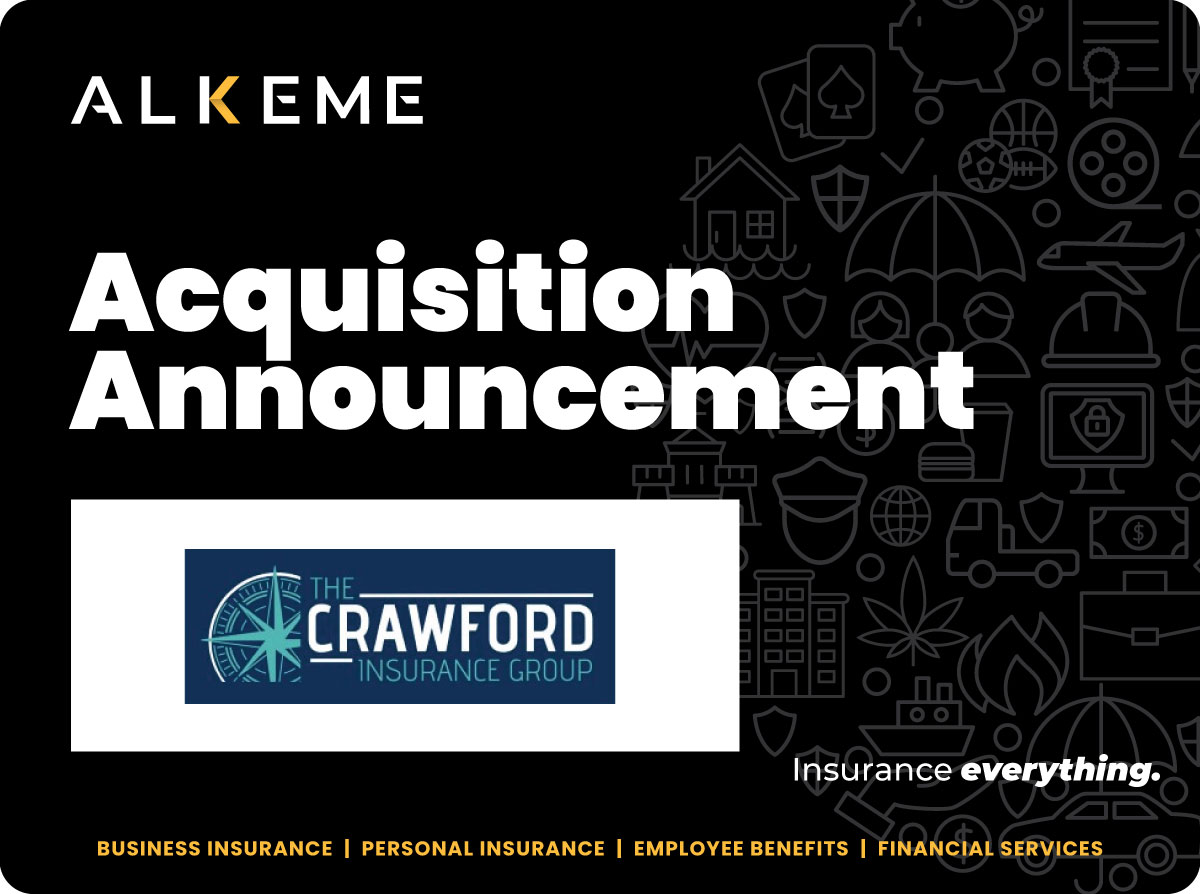April is Financial Literacy Month, a time to focus on improving your financial knowledge and securing your future. At ALKEME, we’re dedicated to helping you achieve greater financial well-being through informed financial decisions. Here are five actionable steps to elevate your financial health:
1) Conduct a Comprehensive Financial Review: Start by assessing your current financial situation, including your income, expenses, assets, and debts. Evaluate your financial goals and identify any gaps or areas for improvement. A comprehensive financial review lays the groundwork for effective financial planning.
- Assess your current financial situation, including:
- Income: Calculate your monthly income from all sources.
- Expenses: Track your monthly expenses, including fixed costs (rent/mortgage, utilities) and variable expenses (groceries, entertainment).
- Assets: List your savings, investments, retirement accounts, real estate, and other valuable assets.
- Debts: Summarize your outstanding debts, such as mortgages, student loans, credit card balances, and personal loans.
- Evaluate your financial goals:
- Short-term goals (1-3 years): Identify goals like building an emergency fund, saving for a vacation, or paying off debt.
- Mid-term goals (3-5 years): Plan for milestones such as buying a home, funding education, or starting a business.
- Long-term goals (5+ years): Consider objectives like retirement planning, wealth accumulation, and legacy planning.
- Identify areas for improvement:
- Analyze your spending habits and identify opportunities to reduce expenses.
- Assess your investment portfolio’s performance and risk level.
- Review your insurance coverage to ensure adequate protection against risks.
- Develop an action plan:
- Set SMART (Specific, Measurable, Achievable, Relevant, Time-bound) goals to guide your financial decisions.
- Create a budget to allocate your income towards essential expenses, savings, and investments.
- Establish a timeline for achieving your financial goals and regularly monitor your progress.
2) Bundle Financial Services for Simplified Management: Simplify your financial life by bundling your financial services with a single provider. From banking and investment accounts to insurance and retirement planning, consolidating your financial services can streamline management and maximize benefits.
- Consolidate your financial accounts with a single provider to streamline management and maximize benefits.
- Consider bundling services such as:
- Banking: Checking and savings accounts, debit/credit cards.
- Investments: Brokerage accounts, retirement accounts (IRA, 401(k)).
- Insurance: Home, auto, life, and other insurance policies.
- Retirement planning: Employer-sponsored retirement plans, individual retirement accounts (IRAs).
- Benefits of bundling:
- Simplified account management with a single login and consolidated statements.
- Potential cost savings through bundled service discounts and fee waivers.
- Enhanced coordination between financial products for optimized financial planning.
3) Plan for Retirement with Confidence: Take proactive steps to plan for a secure retirement. Calculate your retirement needs, explore retirement savings options such as 401(k)s and IRAs, and develop a retirement strategy aligned with your goals and risk tolerance.
- Calculate your retirement needs:
- Estimate your desired retirement age and life expectancy.
- Determine your retirement expenses, including housing, healthcare, and leisure activities.
- Factor in inflation and potential healthcare costs in retirement.
- Explore retirement savings options:
- Employer-sponsored retirement plans: Contribute to your employer’s 401(k) or 403(b) plan and take advantage of any employer matching contributions.
- Individual retirement accounts (IRAs): Consider traditional IRAs or Roth IRAs to supplement your employer-sponsored retirement savings.
- Health savings accounts (HSAs): If eligible, contribute to an HSA to save for qualified medical expenses in retirement tax-free.
- Develop a retirement strategy:
- Set a target retirement savings goal based on your retirement needs and desired lifestyle.
- Determine your asset allocation strategy based on your risk tolerance, time horizon, and investment objectives.
- Regularly review and adjust your retirement plan as your circumstances and market conditions change.
4) Schedule Regular Financial Check-ups: Keep your finances on track with regular check-ups. Monitor your progress towards your financial goals, review your investment portfolio, and make adjustments as needed to stay on course.
- Set a schedule for periodic financial check-ups:
- Monthly: Review your budget, track your spending, and ensure bills are paid on time.
- Quarterly: Evaluate your investment portfolio performance, rebalance as needed, and assess progress towards financial goals.
- Annually: Conduct a comprehensive financial review to update your goals, review insurance coverage, and reassess your retirement plan.
- Monitor key financial metrics:
- Net worth: Calculate your assets minus your liabilities to track your overall financial health.
- Savings rate: Measure the percentage of your income saved each month towards financial goals.
- Investment returns: Monitor the performance of your investment portfolio relative to your benchmark and adjust as necessary.
- Identify areas for improvement and adjust your financial plan accordingly.
5) Consult with an Experienced Financial Advisor: Gain personalized guidance from experienced financial advisors. Our team at ALKEME can provide tailored recommendations and investment strategies to help you achieve your financial aspirations.
- Seek guidance from a qualified financial advisor:
- Research potential advisors and consider factors such as experience, credentials, and client reviews.
- Schedule an initial consultation to discuss your financial goals, concerns, and advisor services.
- Benefits of working with a financial advisor:
- Personalized financial planning: Receive tailored recommendations and strategies based on your unique financial situation and goals.
- Objective advice: Gain insights and perspective from an impartial professional who can provide guidance free from emotional biases.
- Ongoing support: Establish a long-term relationship with an advisor who can assist you with periodic reviews, adjustments, and updates to your financial plan.
- Collaborate with your advisor to develop and implement a comprehensive financial plan aligned with your objectives and values.
Empower yourself with the knowledge and tools necessary to achieve financial success. This Financial Literacy Month, take actionable steps towards financial wellness with our expert advice.
By implementing these actionable insurance tips, you can build a solid foundation for financial security and peace of mind. Here’s to a month of empowerment and prosperity!
Click here for personalized insurance advice and to start your financial wellness journey with ALKEME.




